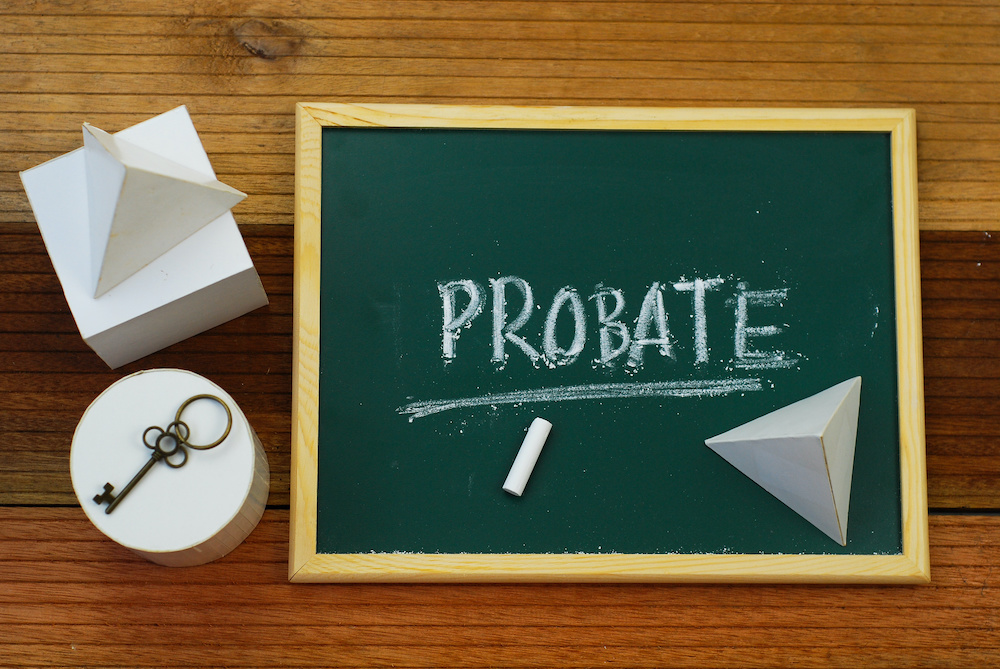
Today, many people are using Revocable Living Trust (RLTs). Used instead of a will or joint ownership, RLTs provide the foundation of an effective estate plan. When properly prepared, a living trust avoids the public, costly and time-consuming court processes of conservatorship or guardianship (due to incapacity) or probate (after death). Still, many mistakenly send their accounts, property and loved ones right into the court system. They fail to fund their trust.
What Does It Mean to Fund an RLT Trust?

Funding a trust is simply the process of transferring accounts and property from your name into your RLTs. In some cases, you may wish to change beneficiary designations to name your trust as a beneficiary. If you have any accounts or property with a beneficiary designation, we can walk through the best way to transfer these outside of the probate process.
Accomplish Funding in several different ways:

- Change the title of the asset. Do this to note your individual name (or joint names if married) to the name of your trust. For example, switch John Smith to John Smith, Trustee of the John Smith Living Trust dated June 1, 2020.
- Assigning your interest in an asset without a title (such as artwork, jewelry, collectibles or antiques) to your trust.
- Changing the primary or contingent beneficiary of the asset (i.e., account or property) to your trust
What Happens to Assets Left Out of Your Trust?

For many people, the main reason to set up RLTs from the desire to set up a conservatorship or guardianship during their lifetime. Probate at death requires setting up RLTs. You may believe all is well once you sign your trust agreement. However, if you fail to take the next step to change titles and beneficiary designations before becoming mentally incompetent or dying, your accounts and property—and your loved ones—will end up in probate court.
Which Assets To Fund Into a Trust

In general, consider funding the following assets into your trust:
- Real estate – homes, rental properties, vacant land, and timeshares
- Bank and credit union accounts – checking, savings, CDs
- Safe deposit boxes
- Investment accounts – brokerage, agency, custody
- Notes payable to you
- Life insurance – if you don’t have an irrevocable life insurance trust
- Business interests
- Intellectual property
- Oil and gas interests
- Water rights or shares (especially in some states where they can be quite valuable)
- Personal effects – artwork, jewelry, collectibles, antiques
On the other hand, probably don’t fund the following assets into your trust:

- IRAs and other tax-deferred retirement accounts – only the beneficiary should be changed
- Incentive stock options and Section 1244 stock
- Interests in professional corporations
- Foreign assets – in some countries, funding an asset into a U.S.-based trust causes adverse tax consequences, while in other countries, trusts aren’t recognized or are ignored due to forced heirship laws
- UTMA and UGMA accounts – your minor grandchild is the owner, you are merely the custodian; instead, name a successor custodian
- Cars, trucks boats, motorcycles and scooters –most states allow a small amount of assets, including vehicles, to pass outside of probate; in others, a beneficiary can be designated for vehicles; and in still others, vehicles don’t have to go through probate at all
Work closely with us to determine how to structure your trust. Also, before purchasing new assets, call to find out how to title the account or deed or who to designate as the beneficiary.
Benefits to Funding a Trust

Funding your trust to obtain the best results:
- Your trustee, instead of a conservatorship or guardianship judge, will take control of your trust assets, on your behalf, if you become mentally incompetent, ensuring that you are cared for in the manner you expect.
- Instead of a probate court, your trustee will take control of your trust assets after your death, managing and distributing the accounts and property to your chosen beneficiaries without court involvement.
- Your trust will be easier to update as your wishes and circumstances change instead of doing things piecemeal through joint ownership, payable-on-death or transfer-on-death accounts, or individual beneficiary designations.
- Final wishes will remain a private family matter instead of being publicized in the local probate court records.
The Bottom Line on Trust Funding
Many people like the cost and time savings, as well as the added control over their money and property a living trust offers. Yet in the end, an unfunded trust isn’t worth the paper it’s written on. We are available, by phone or video conference if you prefer, to answer your questions about funding your trust, and we look forward to working with you and your advisors on all of your estate planning needs.

About Skvarna Law Firm in Glendora and Upland, California
Skvarna Law Firm operates offices in Glendora and Upland, California. We provide legal services. We cover San Bernardino, Los Angeles, Orange and Riverside Counties. This includes several cities. Upland, Ontario, Rancho Cucamonga, Fontana, Colton, Rialto, Chino, Chino Hills, Glendora, Claremont, Pomona, La Verne, Montclair, San Dimas, Azusa, Covina, West Covina, Diamond Bar, Walnut, La Puente, Corona, Norco & Mira Loma. Visit SkvarnaLaw.com to learn more.

